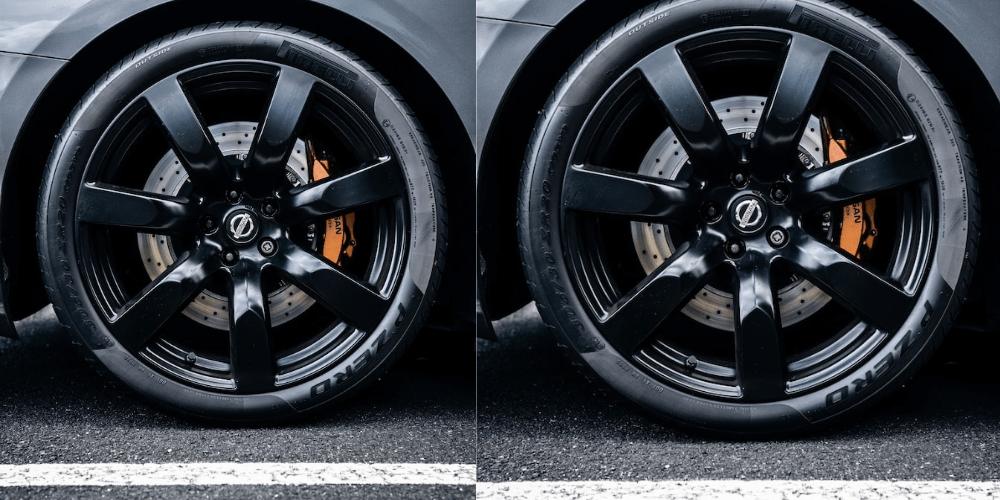Firstly, ignoring the need for front brake caliper replacement can lead to a range of problems that can compromise the safety of the vehicle and the driver. Some potential consequences of ignoring front brake caliper replacement include:
- Reduced braking performance: If the brake caliper is damaged or worn out, it may not be able to apply the necessary pressure to the brake pads, resulting in reduced braking performance. This can make it harder to stop the vehicle in a timely manner, which can increase the risk of accidents.
- Uneven braking: A damaged or worn-out brake caliper can cause the brake pads to wear unevenly, resulting in uneven braking. This can cause the vehicle to pull to one side during braking, making it harder to control the vehicle.
- Increased wear on other brake components: If the brake caliper is not working correctly, it can put increased stress on other parts of the braking system, such as the brake pads and rotors. This can cause these components to wear out more quickly and may require more expensive repairs in the long run.
- Safety risks: A faulty brake caliper can increase the risk of accidents, as it may not be able to provide sufficient braking force when needed. This can put the driver and other road users at risk.
In short, ignoring the need for front brake caliper replacement can compromise the safety and performance of the vehicle, and can lead to more expensive repairs down the line. It is important to have any brake issues addressed promptly by a qualified mechanic to ensure that the vehicle is safe to drive.
Uneven braking risks from brake caliper
Uneven braking is a serious safety risk that can result from a faulty brake caliper. When a brake caliper is not functioning correctly, it can cause uneven wear on the brake pads or rotor, resulting in uneven braking. This can cause the vehicle to pull to one side during braking, making it harder to control the vehicle and potentially leading to an accident.
There is more!
There are several potential causes of uneven braking due to a faulty brake caliper. These include:
- Sticking piston: A sticking piston can cause uneven pressure on the brake pads, resulting in uneven braking.
- Worn brake pads: Worn brake pads can cause uneven wear on the rotor, which can result in uneven braking.
- Caliper slide pins: If the caliper slide pins are not lubricated correctly, they can cause uneven pressure on the brake pads, resulting in uneven braking.
- Damaged rotor: A damaged rotor can cause uneven wear on the brake pads, resulting in uneven braking.
Lastly, it is important to address any issues with the brake caliper promptly to avoid the risk of uneven braking. This may require replacing the brake caliper or other components of the braking system, depending on the specific issue. Regular brake inspections and maintenance can help to identify and address any potential issues before they become a safety risk.


